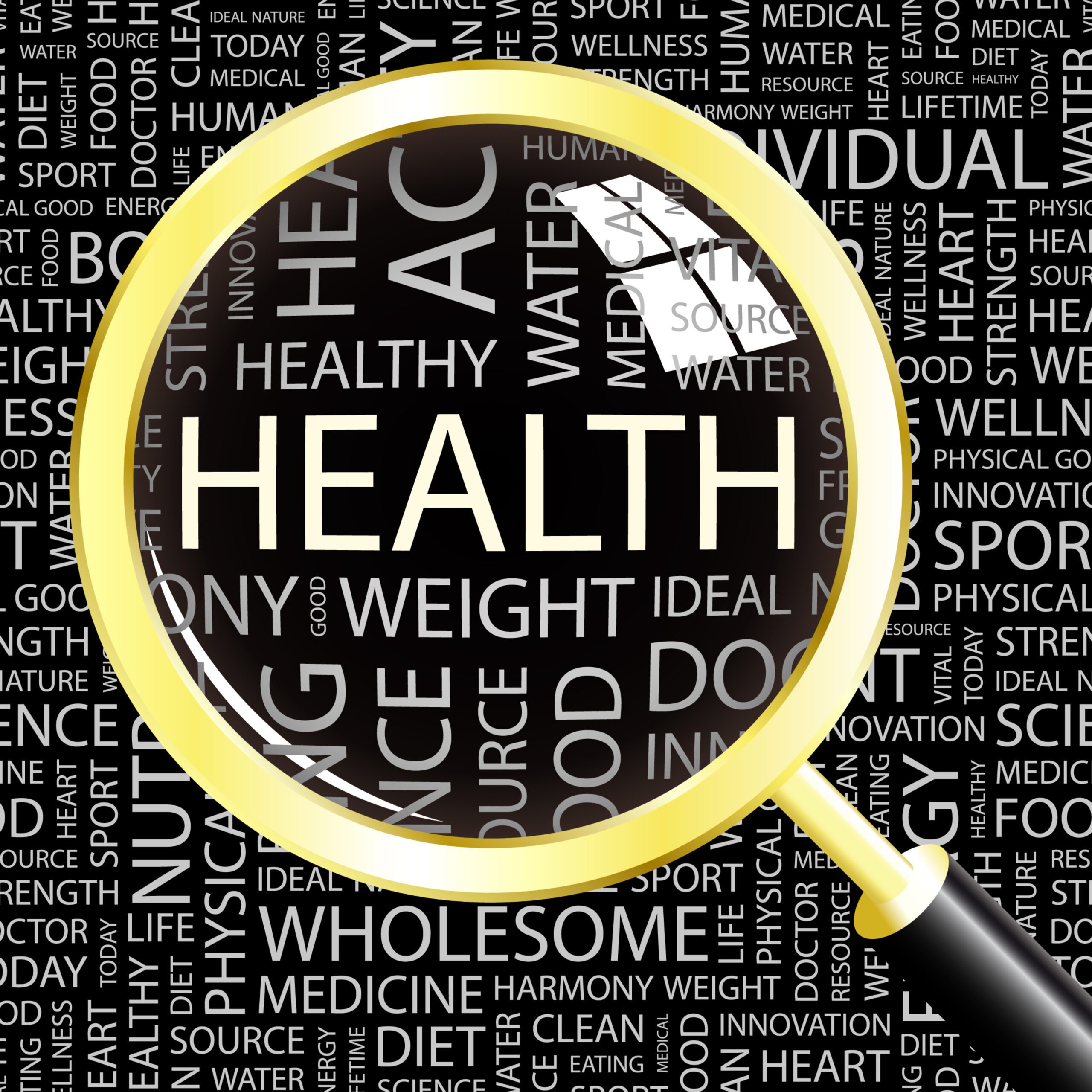Probiotics, One Key To Maintaining Optimum Health
September 10, 2013
 798
798 
While consuming microscopic organisms and bacteria on purpose may seem strange — or even disgusting to most people, it’s actually something you should do on a regular basis to maintain a healthy immune system… in the form of probiotics.
What Exactly ARE Probiotics?
Probiotics are tiny, living microorganisms (also known as microflora or beneficial bacteria) that aid in food digestion and help keep everything in your digestive system tidy and in good working order. In addition, they help your immune system fight off disease. As we will talk about in part two of this article series, probiotics can help treat over 170 different diseases and ailments; ranging from diarrhea and irritable bowel syndrome to eczema, acne, and skin rashes, and even the common cold! In the third and final segment, we will discuss a different kind of benefit probiotics can have on your body, and an incredible connection that can alter more than just your ability to digest food effectively.
The word probiotic, which means “for life,” accurately portrays the vast amount of benefits that come with taking probiotics, and is derived from the Latin pro meaning “for,” and the Greek bios, which means “life.” Your body already contains many microorganisms, but increasing the volume of beneficial bacteria can help manage the trillions of potentially harmful bacteria living inside of you. In the average human body, the digestive system is home to more than 500 different kinds of bacteria that all need to work in tandem to keep your digestive system healthy.
Bad vs. Good Bacteria
A drop in beneficial bacteria levels could mean tipping the scale in favor of harmful bacteria and throw your body out of balance. There are many ways your microflora levels can be diminished, and some may not be so obvious. Aside from pollution, consuming high fructose corn syrup (HFCS), processed foods, refined grains, and chlorinated water all play a role in killing beneficial gut bacteria. Agricultural chemicals, pesticides, and antibiotics are even worse, and ingesting these can be traced back to non-organic meats, fruits, and vegetables. Even antibacterial soaps can stave off beneficial bacteria from entering your body!
Making simple life choices such as eating only organic food, avoiding processed foods, and commuting to work through a detour with less pollution will certainly help. But other situations may be difficult to overcome – after all, you still need to wash your hands with antibacterial soap to avoid getting sick, right? Fortunately, as you will see in the next piece, there are a few options available to you that will help increase probiotic numbers in your body.

A new study suggests that a widely used sugar substitute found in diet sodas, chewing gum, and low-sugar yogurt may elevate insulin levels. This could increase the long-term risk of heart disease. “Artificial sweeteners have infiltrated nearly all types of food, making it crucial to understand their long-term health effects,” said Yihai Cao, senior author […]

Diet Coke has long been a fan-favorite among soda lovers who want a fizzy, guilt-free alternative to traditional soft drinks. While its zero-calorie, zero-sugar label makes it seem like a healthier option, the reality is far more concerning. Despite its undeniable popularity, Diet Coke’s nutritional profile has raised red flags among health experts for years. […]

New study shows that embracing an anti-inflammatory, plant-forward diet can support cognitive function and help reduce the risk of dementia. What You Eat Shapes Your Brain The food you eat doesn’t just impact your body—it also affects your brain. Research suggests that eating an anti-inflammatory, plant-based diet can help improve memory, focus, and overall brain […]